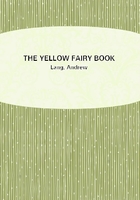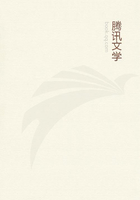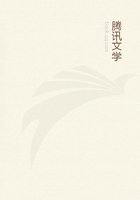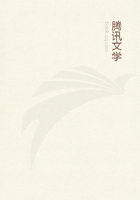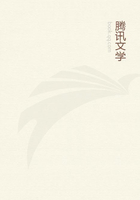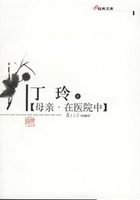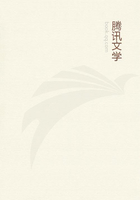Every government would espouse the common cause. A correspondence would be opened. Plans of resistance would be concerted. One spirit would animate and conduct the whole. The same combinations, in short, would result from an apprehension of the federal, as was produced by the dread of a foreign, yoke; and unless the projected innovations should be voluntarily renounced, the same appeal to a trial of force would be made in the one case as was made in the other. But what degree of madness could ever drive the federal government to such an extremity. In the contest with Great Britain, one part of the empire was employed against the other. The more numerous part invaded the rights of the less numerous part. The attempt was unjust and unwise; but it was not in speculation absolutely chimerical. But what would be the contest in the case we are supposing? Who would be the parties? A few representatives of the people would be opposed to the people themselves; or rather one set of representatives would be contending against thirteen sets of representatives, with the whole body of their common constituents on the side of the latter.
The only refuge left for those who prophesy the downfall of the State governments is the visionary supposition that the federal government may previously accumulate a military force for the projects of ambition. The reasonings contained in these papers must have been employed to little purpose indeed, if it could be necessary now to disprove the reality of this danger. That the people and the States should, for a sufficient period of time, elect an uninterupted succession of men ready to betray both; that the traitors should, throughout this period, uniformly and systematically pursue some fixed plan for the extension of the military establishment; that the governments and the people of the States should silently and patiently behold the gathering storm, and continue to supply the materials, until it should be prepared to burst on their own heads, must appear to every one more like the incoherent dreams of a delirious jealousy, or the misjudged exaggerations of a counterfeit zeal, than like the sober apprehensions of genuine patriotism.
Extravagant as the supposition is, let it however be made. Let a regular army, fully equal to the resources of the country, be formed; and let it be entirely at the devotion of the federal government; still it would not be going too far to say, that the State governments, with the people on their side, would be able to repel the danger. The highest number to which, according to the best computation, a standing army can be carried in any country, does not exceed one hundredth part of the whole number of souls; or one twenty-fifth part of the number able to bear arms. This proportion would not yield, in the United States, an army of more than twenty-five or thirty thousand men. To these would be opposed a militia amounting to near half a million of citizens with arms in their hands, officered by men chosen from among themselves, fighting for their common liberties, and united and conducted by governments possessing their affections and confidence. It may well be doubted, whether a militia thus circumstanced could ever be conquered by such a proportion of regular troops. Those who are best acquainted with the last successful resistance of this country against the British arms, will be most inclined to deny the possibility of it. Besides the advantage of being armed, which the Americans possess over the people of almost every other nation, the existence of subordinate governments, to which the people are attached, and by which the militia officers are appointed, forms a barrier against the enterprises of ambition, more insurmountable than any which a simple government of any form can admit of. Notwithstanding the military establishments in the several kingdoms of Europe, which are carried as far as the public resources will bear, the governments are afraid to trust the people with arms. And it is not certain, that with this aid alone they would not be able to shake off their yokes. But were the people to possess the additional advantages of local governments chosen by themselves, who could collect the national will and direct the national force, and of officers appointed out of the militia, by these governments, and attached both to them and to the militia, it may be affirmed with the greatest assurance, that the throne of every tyranny in Europe would be speedily overturned in spite of the legions which surround it. Let us not insult the free and gallant citizens of America with the suspicion, that they would be less able to defend the rights of which they would be in actual possession, than the debased subjects of arbitrary power would be to rescue theirs from the hands of their oppressors. Let us rather no longer insult them with the supposition that they can ever reduce themselves to the necessity of making the experiment, by a blind and tame submission to the long train of insidious measures which must precede and produce it.
The argument under the present head may be put into a very concise form, which appears altogether conclusive. Either the mode in which the federal government is to be constructed will render it sufficiently dependent on the people, or it will not. On the first supposition, it will be restrained by that dependence from forming schemes obnoxious to their constituents. On the other supposition, it will not possess the confidence of the people, and its schemes of usurpation will be easily defeated by the State governments, who will be supported by the people.
On summing up the considerations stated in this and the last paper, they seem to amount to the most convincing evidence, that the powers proposed to be lodged in the federal government are as little formidable to those reserved to the individual States, as they are indispensably necessary to accomplish the purposes of the Union; and that all those alarms which have been sounded, of a meditated and consequential annihilation of the State governments, must, on the most favorable interpretation, be ascribed to the chimerical fears of the authors of them.
PUBLIUS
____

